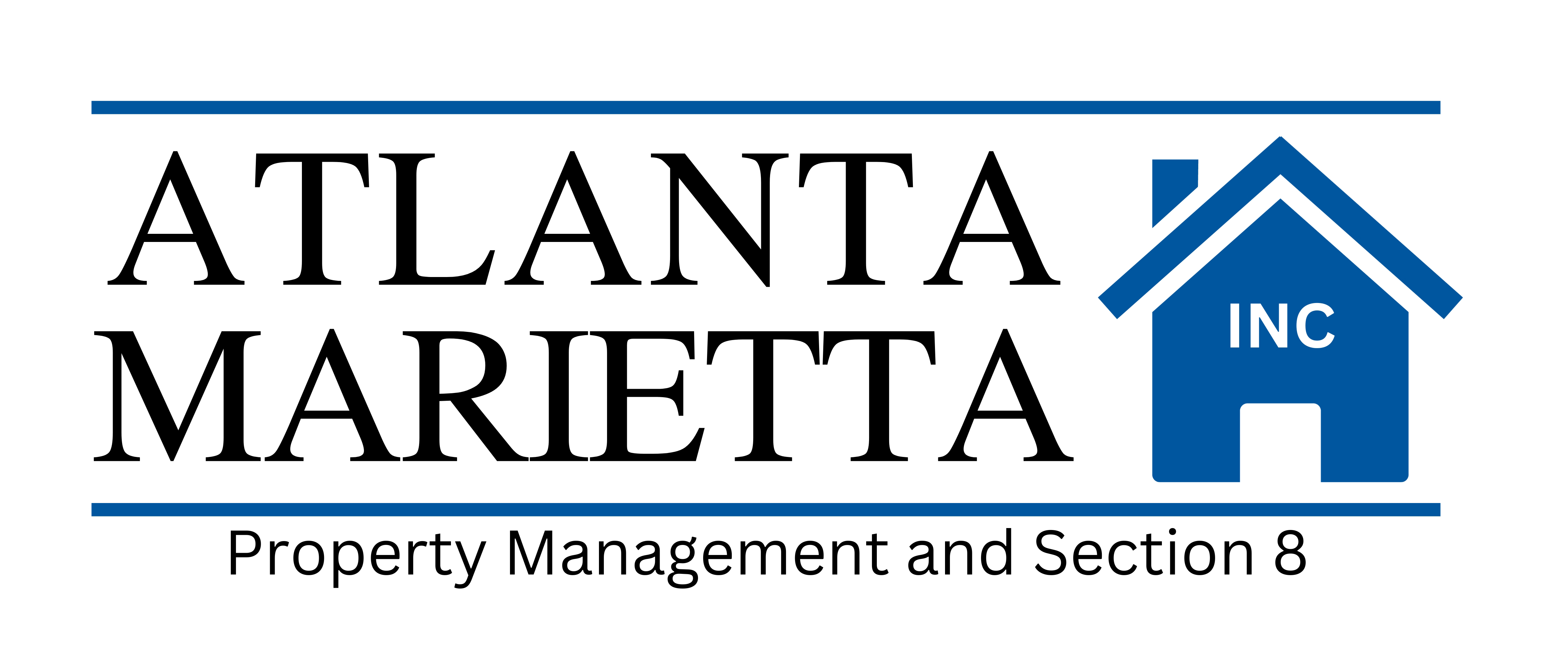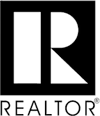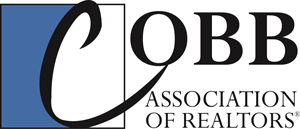
When most landlords think about a lease, they see it as a simple agreement: rent gets paid on time, tenants stay put for a year, and everyone moves on when the term ends. But at Atlanta Area Property Management, we see the lease as something much more powerful — a tool that can protect your investment, reduce risk, and maximize profitability.
That’s why we structure our leases a little differently. Instead of the traditional 12-month lease that ends at a random time of year, we design most of our agreements to run 18 to 24 months, with lease expirations strategically scheduled to renew in the spring.
This may sound like a small detail, but it’s a big part of how we protect our owners. Here’s why this approach works.
Longer Lease Terms Mean More Stability
Most landlords are familiar with the headaches that come with frequent turnover. Every time a tenant leaves, there are make-ready costs, marketing expenses, utility bills while the home sits vacant, and the risk of lost rental income. Even a few weeks without a tenant can cost an owner thousands of dollars.
By using 18- to 24-month lease terms, we cut turnover nearly in half compared to traditional one-year agreements. Tenants commit to staying longer, which means fewer vacancies, fewer disruptions, and less wear and tear from constant move-ins and move-outs.
Owners also benefit in other ways:
- Consistent rental income: Longer leases provide a predictable cash flow you can count on.
- No renewal fees until the lease actually renews: With 18–24 month leases, owners avoid renewal fees every single year. Fees only apply when the lease term ends and a new renewal is signed.
- Tenant commitment: Residents who agree to longer leases tend to be more stable and reliable, offering peace of mind for both the property and your investment.
For owners, that translates to more consistent returns and fewer surprise expenses. And for tenants, a longer lease gives them stability and peace of mind, which often leads to better relationships and a stronger sense of responsibility toward the property.
Why Spring Is the Perfect Time for Lease Endings
Not all seasons are equal when it comes to renting a home. In Atlanta, the busiest time of year for the rental market is spring through early summer. That’s when the majority of renters are actively searching — young professionals planning moves, families transitioning before the next school year, and new residents relocating to the area.
By timing lease expirations to occur during these months, we ensure your property hits the market at the best possible time if there is turnover. Here’s what that means for you:
- Higher demand: More people are looking, which leads to faster showings and quicker leasing.
- Stronger rent rates: With higher demand, we’re less likely to have to discount or reduce rent to get the property filled.
- Better tenant pool: Families with school-aged children often plan moves around summer breaks, making your property especially attractive.
In contrast, if a lease ends in December or January, it can take much longer to secure a qualified tenant. Winter and the holidays are traditionally a slower time in real estate, and owners may feel pressure to lower rents or accept applicants they normally wouldn’t. By planning ahead, we help you avoid those risks entirely.
Reducing Vacancy Risk
Vacancy is the silent profit-killer in rental ownership. Even with a well-maintained property, a single month without rent can erase much of the year’s profits. That’s why we take every step to minimize vacancy risk.
When leases end in spring, the likelihood of your property sitting empty drops dramatically. Tenants who choose not to renew are quickly replaced by new applicants, often within days. Even better, many tenants are more willing to renew when they know their next move would fall in the busy season, since it’s easier for them to coordinate a transition if they decide to purchase a home or relocate.
In other words, structuring leases this way gives you two advantages at once: higher renewal rates and faster leasing when a turnover does happen.
Protecting Your Investment
A rental property isn’t just a house — it’s an investment asset. And just like any investment, success depends on strategy. Lease length and timing may seem like small details, but they have a major impact on your bottom line.
Our 18–24 month, spring-ending lease model works because it balances tenant satisfaction with owner security:
- Fewer turnovers = lower costs.
- Lease terms align with peak demand = stronger rents.
- Tenants feel more settled = better property care.
- Vacancy risk is reduced = consistent income.
When you combine all of these, the result is a healthier, more profitable property that performs well year after year.
Even though we use longer leases, we still protect owners from falling behind on market value. Our leases include a clause that allows for a rent adjustment every 12 months, ensuring the property keeps pace with current rental rates. Tenants acknowledge this by initialing that section of the lease, so there’s no confusion about the process.
Final Thoughts
At Atlanta Area Property Management, we don’t just fill vacancies — we work strategies. Our lease structure is one example of how we think beyond the basics to maximize owner returns. By extending leases to 18–24 months and aligning end dates with the spring rental season, we give your property every advantage in the market.
Because at the end of the day, managing a rental home is about more than collecting rent checks. It’s about protecting your investment, anticipating challenges, and positioning your property for long-term success.
If you’d like to learn more about how we can apply this strategy — and many others — to your rental, we’d love to talk.












